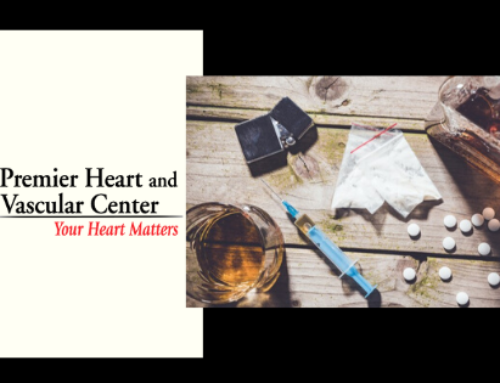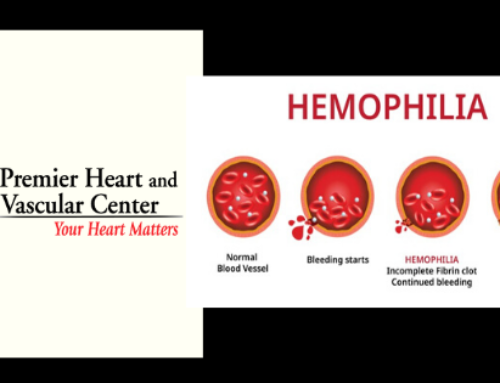By Huy Khuu, MD, FACC
Premier Heart and Vascular Center, Zephyrhills
This month we’re raising awareness of the increased number of heart attacks during the holidays, and now we turn our attention to your treatment options after a heart attack.
This is a complex health issue, and a widespread one as well, so it’s no wonder that plenty of treatment options exist. We’re sharing the most common here so you can discuss them with your healthcare provider when necessary.
Restoring Blood Flow to the Heart
When a heart attack occurs, the blood flow needs to be restored quickly. That’s because heart tissue starts to deteriorate or die with each passing minute after a heart attack, whereas restoring blood flow prevents this damage.
The type of heart attack you suffered determines the type of treatment. You will either suffer from an NSTEMI or STEMI heart attack—the first is a partial heart attack, while the latter is a complete heart attack.
Whichever occurs, the main goal is still to restore blood flow to the heart. Most treatment centers use medications, surgery or other types of procedures to this end.
Medications
At your preferred cardiology center, the physicians will opt for a wide range of medications and clot-dissolving drugs to treat your heart attack:
- Aspirin – should be taken immediately, as it’s beneficial in reducing blood clotting, though it won’t help entirely on its own.
- Thrombolytic – a type of drug designed to dissolve blood clots and re-enable the blood flow to the heart. Thrombolytics need to be ingested as soon as possible, as they reduce the chance of heart damage and increase the chance for survival.
- Antiplatelet drugs and other blood-thinning medicines – prevent new clots from forming and keep the old ones from becoming larger.
- Pain relievers – for lessening your discomfort.
- Statins – for controlling blood cholesterol.
- ACE inhibitors – for lowering blood pressure.
- Nitroglycerin – for treating chest pain and widening blood vessels.
- Beta-blockers –relax the heart muscle, slow the heartbeat and decrease blood pressure. Essentially, these drugs make the heart’s job a bit easier and prevent future heart attacks.
Procedures
- Cardiac catheterization – this procedure examines blood flow and determines if you need medication, percutaneous coronary intervention (PCI) or coronary artery bypass surgery.
- Percutaneous coronary intervention (PCI) – a catheter is inserted to unblock the coronary artery. In some cases, a metal mesh stent is also inserted to keep the artery open and restore proper blood flow.
- Coronary artery bypass surgery – in some cases, this emergency surgery is necessary to restore proper blood flow. It involves stitching together veins or arteries to bypass the blocked coronary artery. A bypass may be performed immediately or a few days after the heart attack.
In addition to these treatments, you will very likely receive some form of cardiac rehabilitation treatments designed to restore you to full health. They are also vital for preventing future heart attacks, and people participating in these programs often end up living longer than those who don’t.
At Premier Heart and Vascular Center, your heart health matters to us, and we have a wide range of treatment options available to help you before and after a heart attack. Visit our site to find out more.







